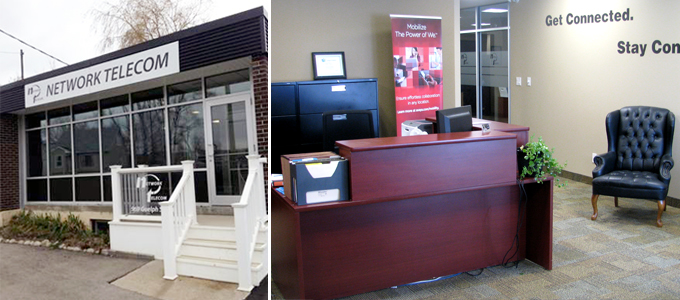Is it legal to record phone calls in Ontario for businesses? The simple answer is “yes.”
However, businesses still need to be aware of the relevant provincial laws.
Click on the sections below to learn more.
- Is it Legal to Record Phone Calls in Ontario?
- What Is PIPEDA?
- Before Recording Your Customer’s Call
- What Businesses Does PIPEDA Apply To?
- Is Consent ALWAYS Required?
- Steps to Follow When Recording a Call
- Additional Information about Recording Calls for Businesses
- Is It Legal To Record Phone Calls in Ontario for Individuals?
- Do Both Parties in the “Private Communication” Need to Be in Canada?
- Before Recording a Private Conversation
- How Network Telecom Can Help Your Business
Network Telecom provides a wide variety of telecommunications products and services. Contact us to learn more.
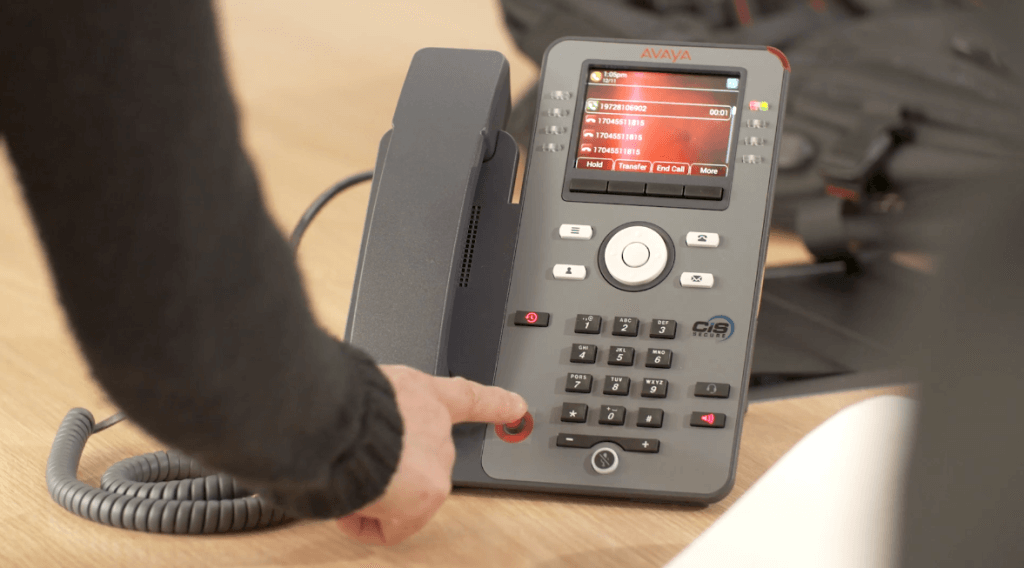
1. Is it Legal to Record Phone Calls in Ontario?
Is it legal to record phone calls in Ontario? The rules are different for businesses and individuals. Recording customer telephone calls can be tricky because the last thing any business wants is to run into legal trouble with a potential or current customer.
Because recording telephone calls can involve collecting personal information, there are a number of rules and regulations in Canada set forth by the PIPEDA (Personal Information Protection and Electronic Documents Act) that companies must abide by.
If your customers know that your business will respect their privacy they are more likely to do business with you.
Read on to learn some of the specific guidelines set by PIPEDA, as well as information about Canada’s Privacy Act and what it says about recording private calls in Canada.
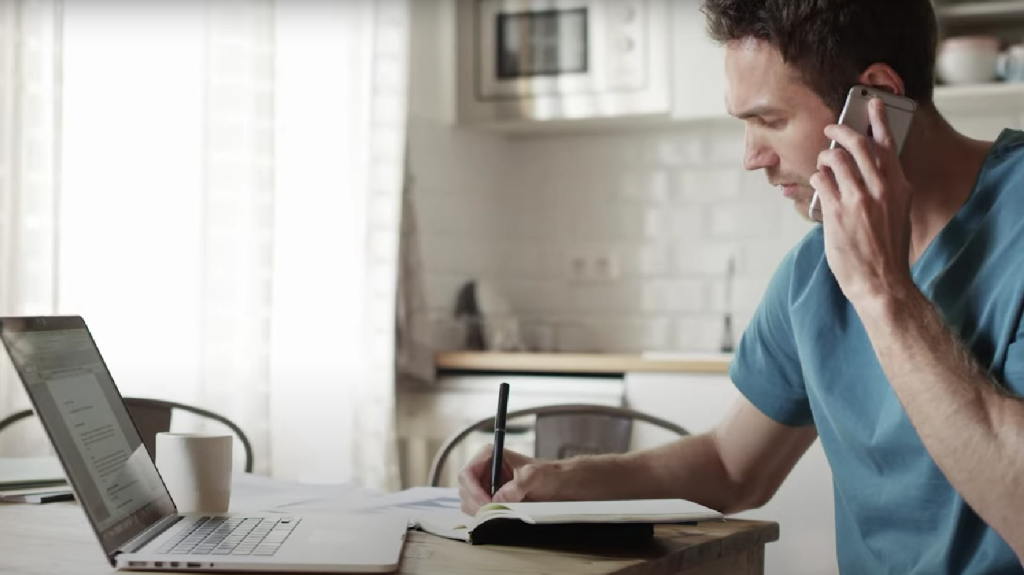
The rules for recording phone calls in Ontario are different for businesses than those for individuals.
2. What Is PIPEDA?
PIPEDA is a Canadian law relating to data privacy that was brought into action in the year 2000 in order to govern how the private sector collects, uses and discloses personal information during the operation of business.
There are 10 fair information principles that a business must establish in order to fully comply with PIPEDA. Many of these may seem like common sense, but it is very important to follow through on all of them.
Here is the current list of principles that you must follow to comply with PIPEDA:
- Accountability: You need to comply with these 10 principles and appoint someone to be responsible for PIPEDA compliance.
- Identifying Purposes: Your recording must be done for a specified purpose. You must inform the individual that the call may be recorded and make a reasonable effort to ensure that the individual understands the purpose of the recorded information and how it will be used.
- Consent: Recording must only take place if you have the individual’s consent.
- Limiting Collection: Any information collected must only be used for the purposes already specified to the individual.
- Safeguards: You must protect personal information collected against loss, theft, or any unauthorized access, disclosure, copying, use or modification.
- Limiting Use, Disclosure, and Retention: You can only use or disclose personal information for the identified purposes that it was collected unless someone consents otherwise.
- Individual Access: Individuals have the right to access and challenge the accuracy of their personal information held by an organization.
- Openness: Inform your customers in easy-to-understand terms that you have policies for managing their personal information.
- Challenging Compliance: You need to provide your customers with simple complaint handling and investigation procedures and inform them of their avenues of recourse.
- Accuracy: You need to keep personal information as accurate, complete and up to date as necessary.
Consider enacting training that covers PIPEDA for your organization if your workers will be dealing with sensitive personal data.
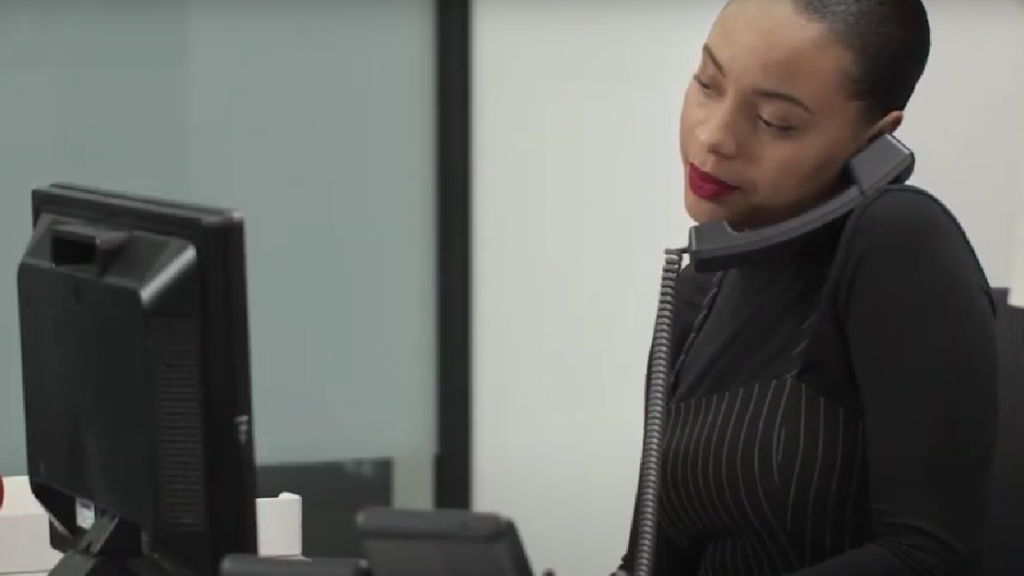
You need to follow the 10 principles outlined by PIPEDA.
3. Before Recording Your Customer’s Call
Before deciding whether or not you want to begin recording customer calls, there are a few things you should keep in mind:
- Rules Apply to Calls Initiated by Both You and Your Customer: The guidelines given by PIPEDA apply to both calls initiated by your business and those initiated by the customer.
- Rules Apply to All Contracted Third Parties: If your business contracts out some or all of your phone call work to call centres, telemarketing, or any similar services similar, you are still responsible to ensure that these third parties comply with PIPEDA as well.
- Information Other Than the Content of the Call Can Be Gathered: Recording of phone calls can be used to gather more information than simply the content of the call. For example, a worker or customer’s tone of voice can be used in legal proceedings and can be used to infer information about those on the call such as ethnic background or age.
Remember, when in doubt, be clean, open, and honest about your business practices to customers.
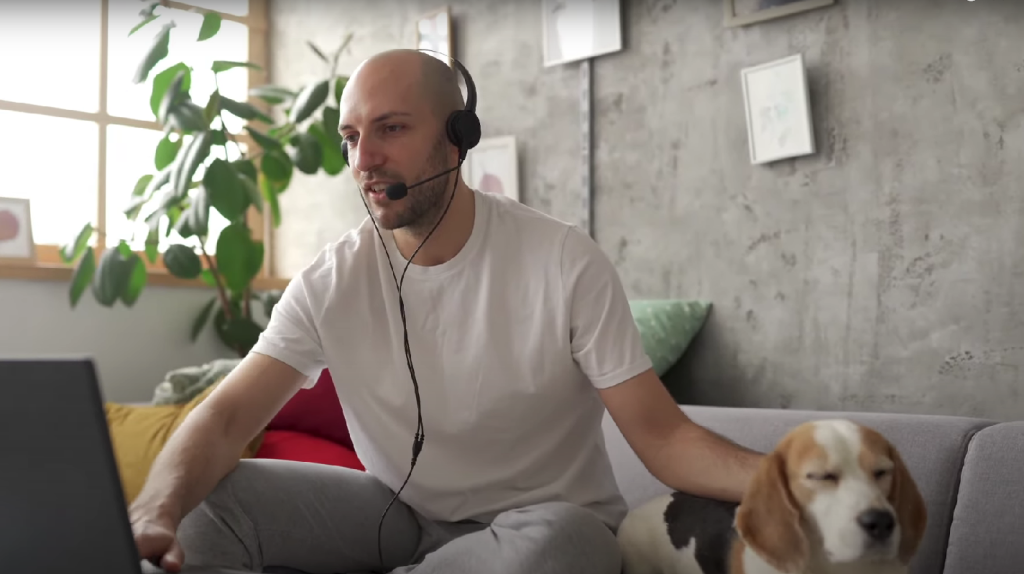
PIPEDA rules apply to customer initiated calls too.
4. What Businesses Does PIPEDA Apply To?
PIPEDA applies to all businesses in Canada except for those located in Quebec, British Columbia, and Alberta, as these provinces have their own private sector call-recording laws. But even in those provinces, PIPEDA still covers federally regulated industries such as transportation, telecommunications, and banking.
The following video gives a quick overview of PIPEDA and what you need to know about protecting your customers’ privacy:
Some provinces have their own call-recording regulations.
5. Is Consent ALWAYS Required?
The 10 PIPEDA principles need to be followed through in almost every case, but there are some exceptions where consent (Principle #3 from the list in Section #2, above) is not necessary.
These exceptions would include cases such as:
- Debt collection.
- Investigating cases of potential fraud.
- In cases where customer knowledge of a call being recorded could damage an organization’s ability to obtain important information.
If you are unsure whether or not consent would be necessary for your organization, contact a legal expert and ask for their advice before making any decisions.
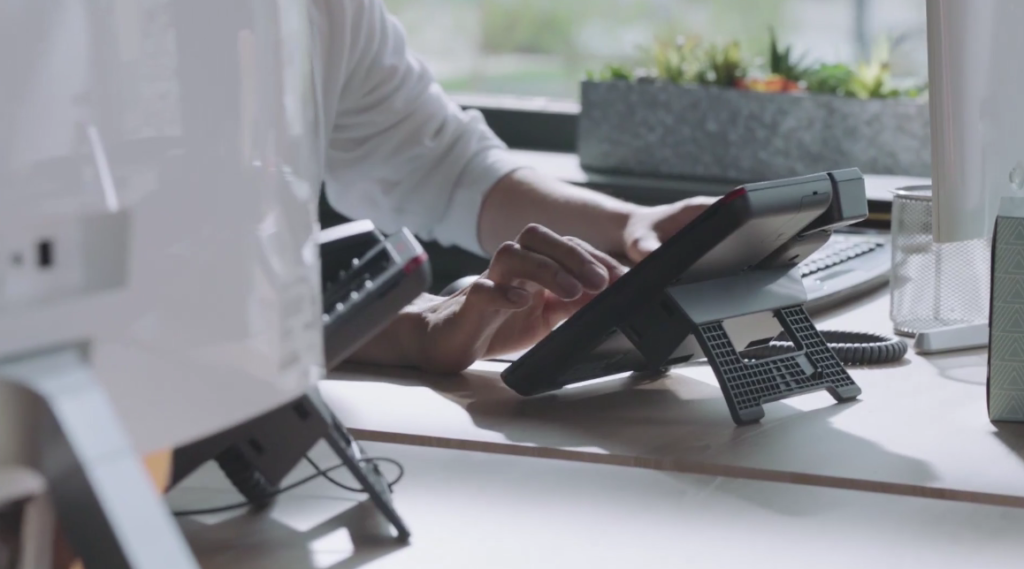
Consent is required from all involved parties by default.
6. Steps to Follow When Recording a Call
In order to stay within the regulations of PIPEDA, there that you are expected to follow for every phone call:
1. Inform the customer at the beginning of the call:
Ensure that the customer is informed that the conversation is being recorded at the beginning of the call. One of the best ways to do this are to have an automated recording set up to inform the customer of everything they need to know before they are transferred to a human.
2. Tell the customer the purpose of the call:
The customer must be told about the purposes of the recording. The explanation should be clear, specific, and state all purposes for the recording.
There are a number of ways you can inform the customer of the purposes of the recording:
- Verbally.
- By prompting them to press a number on their keypad (in the case of automated messages).
- With clear messages on monthly statements (For example: “If you have any questions about your bill please call 1-800-XXX-XXXX. Please note your call will be recorded for…”).
If the customer proceeds after learning that the conversation is going to be recorded then consent is implied on their behalf.
3. If the customer objects to recording, provide a meaningful alternative:
If the customer objects to the recording, the organization should provide the caller with meaningful alternatives, such as:
- Not recording the call.
- Encouraging them to visit a physical location instead.
- Writing a letter.
- Conducting the transaction over the internet.
It’s advisable to follow up with such a customer later on to make sure they were able to get the information they wanted.
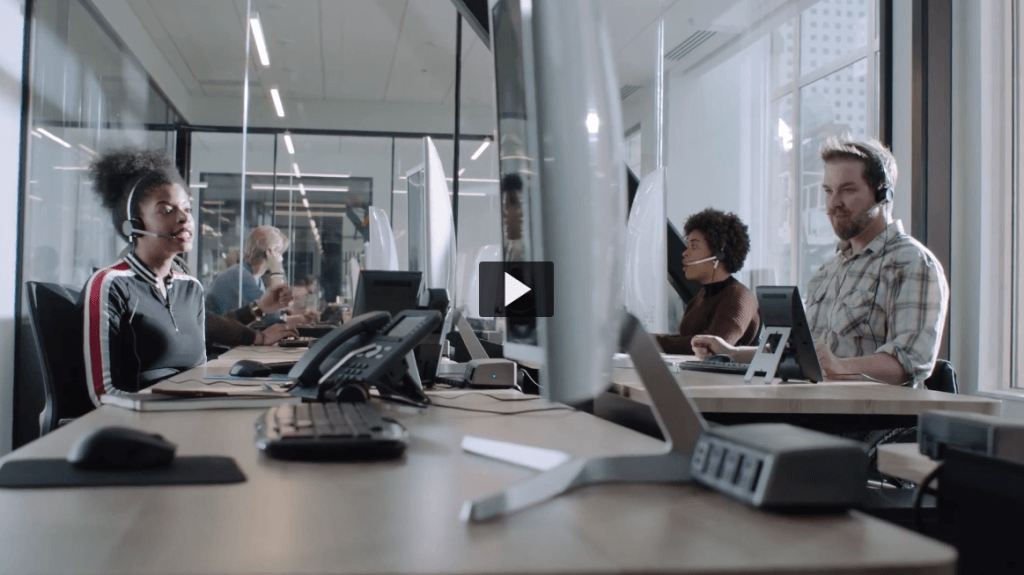
Many large companies use automated responses to inform customers of call recording.
7. Additional Information about Recording Calls for Businesses
PIPEDA provides a handy guide for businesses and organizations on their website that explains all responsibilities. Click here to download your copy.
If you are looking for any more additional information on PIPEDA and the laws regarding recording phone calls in Ontario, you can contact the Office of the Privacy Commissioner of Canada by clicking here.

Governmental call-recording laws are accessible online.
8. Is It Legal To Record Phone Calls in Ontario for Individuals?
According to the Criminal Code of Canada, you can record a phone call as long as at least one person in the conversation is aware that the recording is taking place. This is known as “one-party notification.” This means that the person doing the recording has to be taking part in the conversation.
You cannot record a conversation between two individuals if neither of them are aware that the recording is going on.
The following is the excerpt from Section 183.1: of the Criminal Code of Canada: Part VI: Invasion of Privacy that states One-Party Notification:
“Where a private communication is originated by more than one person or is intended by the originator thereof to be received by more than one person, a consent to the interception thereof by any one of those persons is sufficient consent for the purposes of any provision of this Part. [1993, c.40, s.2.]”
9. Do Both Parties in the “Private Communication” Need to Be in Canada?
According to the Criminal Code of Canada, the originator of the call and the receiver of the call need to be in Canada in order for this law to apply.
“Private communication [means] any oral communication, or any telecommunication, that is made by an originator who is in Canada or is intended by the originator to be received by a person who is in Canada and that is made under circumstances in which it is reasonable for the originator to expect that it will not be intercepted by any person other than the person intended by the originator to receive it, and includes any radio-based telephone communication that is treated electronically or otherwise for the purpose of preventing intelligible reception by any person other than the person intended by the originator to receive it”.
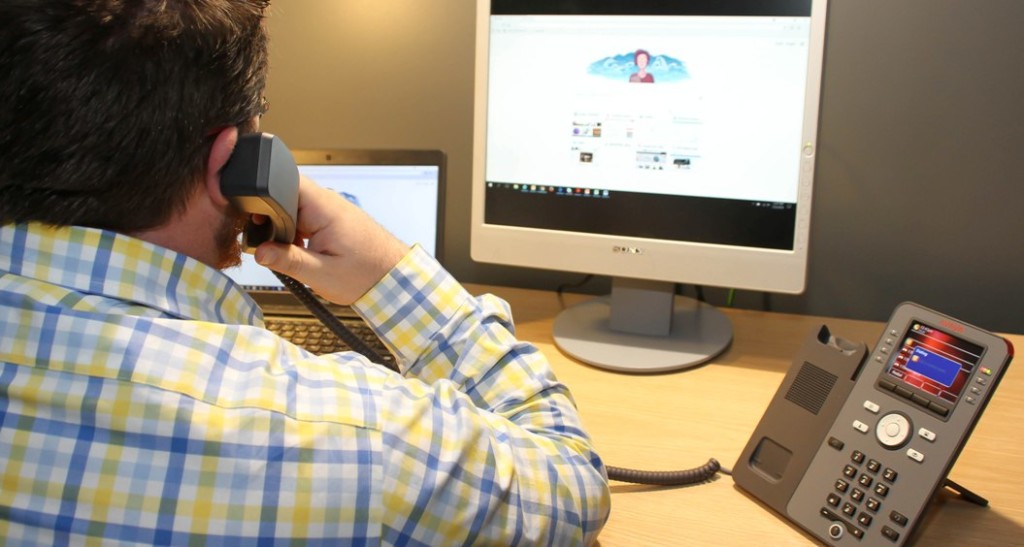
Both parties need to be in Canada in order for the Criminal Code to apply.
10. Before Recording a Private Conversation
Even though it is legal to record a phone conversation as long as one party in that conversation is aware of the recording, it is still best to consult a local attorney for legal counsel before you record any phone calls, especially if you want to use the tapes for legal purposes.
Voice recording or logging is best used for purposes such as:
- Dispute resolution.
- Training.
- Self-evaluation.
- Quality assurance.
- Identity verification.
Consult your HR department if you are unsure about the legality of the situation.

If you are unsure about recording a call, get legal advice.
11. How Network Telecom Can Help You
Network Telecom has been in the telecommunications business since 1979.
We know telecommunications. Our decades of experience working with all aspects of business telecommunication technology throughout all of the innovations and changes of the information age have allowed us to become the best possible solution for your business telecom needs and questions.
If you are looking for expert advice, contact us today.
Looking for a New Business Phone System?
Network Telecom can help you choose a phone system that is right for your business. Whether you are looking to have a new phone system installed or your current system updated, we are here to offer advice. In addition, if your phone system is not working as it should, our trained technicians are available to help 24 hours a day, 7 days a week, 365 days a year.
We carry a huge selection of parts in order to quickly solve any components issue you are experiencing. If you are having a telecommunication or networking issue, we can resolve it quickly and professionally.
In addition to our accredited and certified technical expertise, we offer:
- Consultative Sales
- Cloud Services
- Ongoing Support
- System Design + Consulting
- System Admin + User Training
- PA Systems
- VoIP Specialist
- Network Cabling
Contact us today for all of your telecommunication questions and concerns; we’d be happy to help you.
“I was very happy with the cutover day, everything got done faster than I expected, and very accurately. Post cutover, Matt has been a great resource, helping make a few tweaks and adjustments here and there and I anticipate I will be bouncing things off of him for a while yet, and his replies are greatly appreciated.”
-Angela B. of Thompsons Limited


